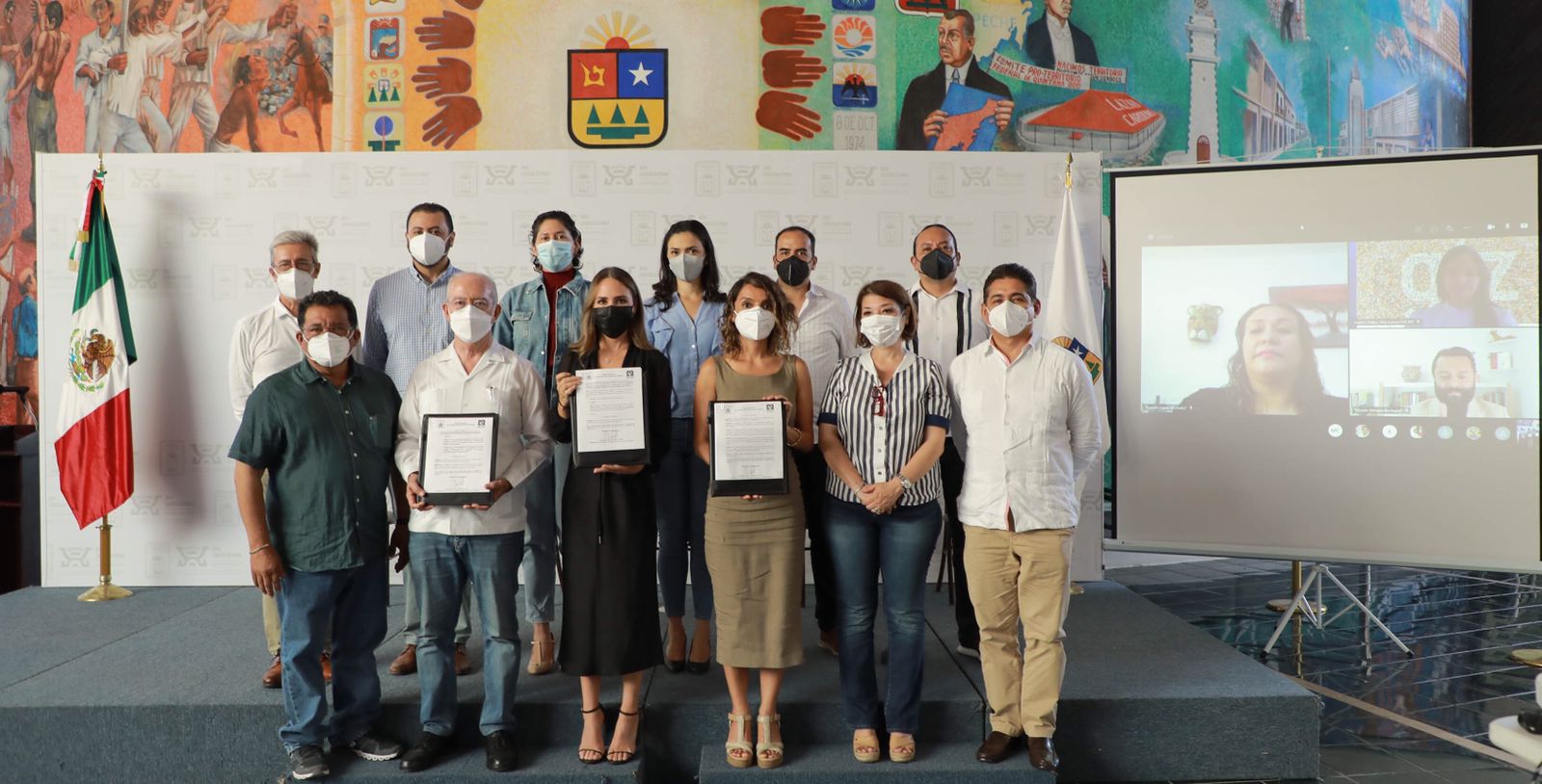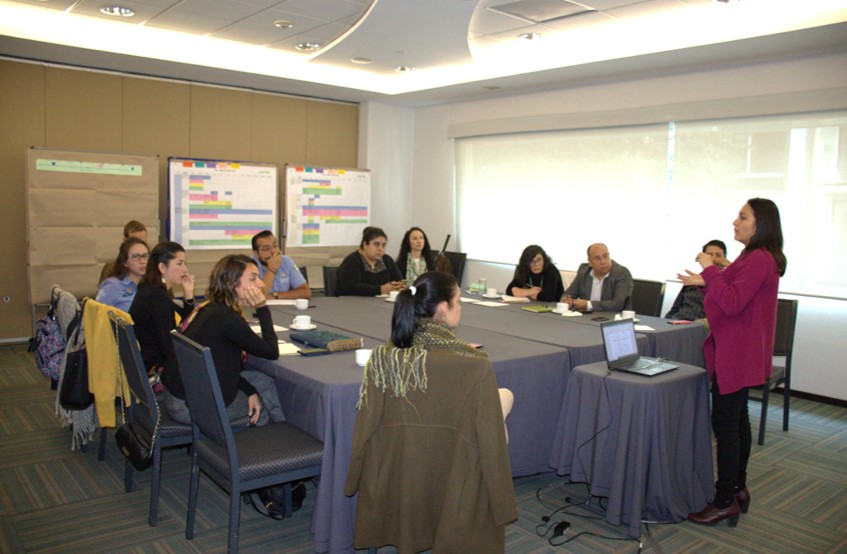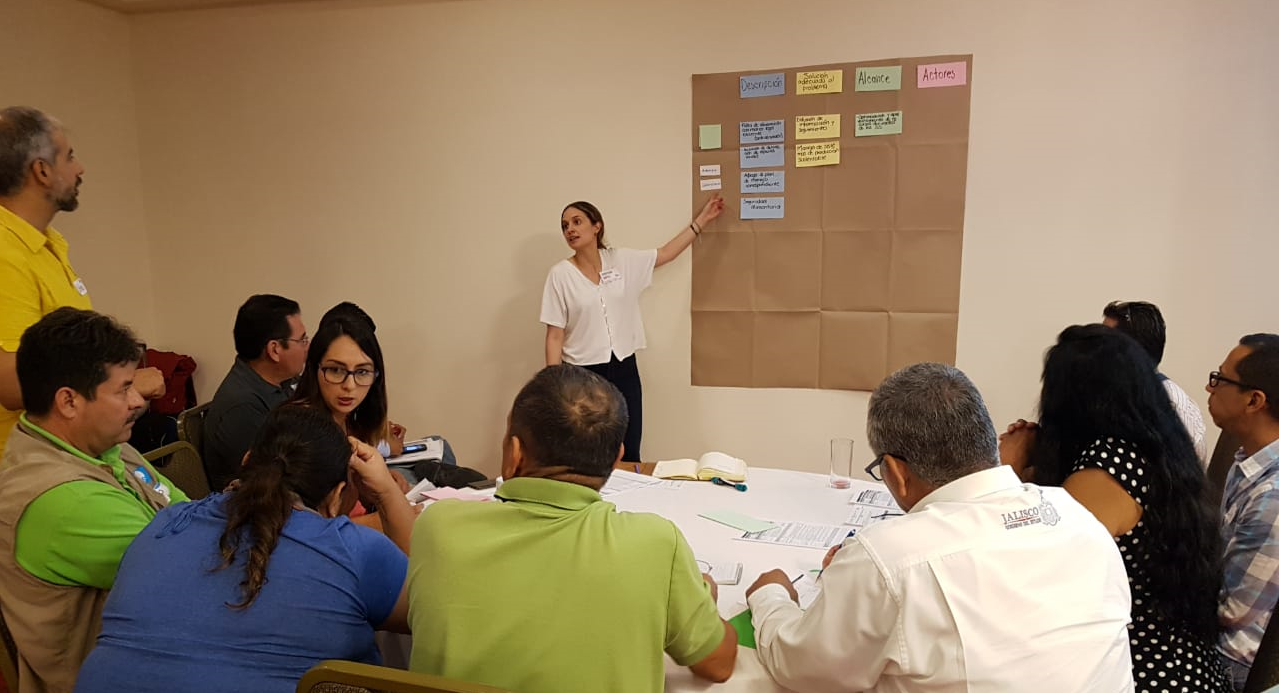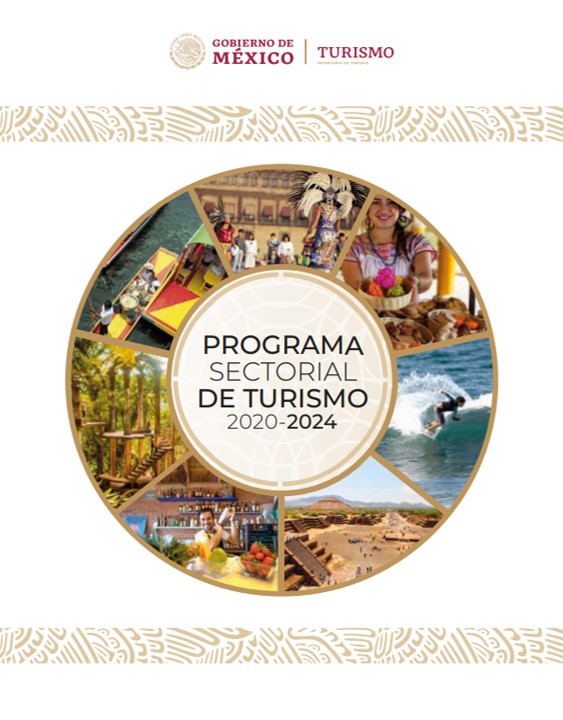




Despite ecosystem health and the services they provide being crucial for the industry, they not always considered sufficiently in tourism development plans and policies. Therefore, ADAPTUR assigned one Technical Adviser to the Ministry of Tourism (SECTUR) and another one to the Ministry of Environment (SEMARNAT) to worked closely together and established cooperation structures which allowed to integrate aspects of biodiversity and climate change into national legislation.
One important result was the new Tourism Programme 2020-2024 PROSECTUR, which represents a major milestone in Mexico´s ambitions to fulfil its Nationally Determined Contributions (NDC) and to integrate ecosystem-based adaptation (EbA) into its sector plans. On the subnational level, one Regional Technical Adviser was also assigned to each of its three project destinations to provide permanent facilitation of local cooperation processes.
By doing this, several subnational policies and development plans which integrate EbA have been developed (e.g., Municipal Climate Plan Puerto Vallarta, Municipal Climate Plan Bahía de Banderas, Urban Development Plan San Miguel de Allende). Recently, policy proposals made by the Congress of Quintana Roo, and the initiative to mainstream the NDC and PROSECTUR goals in sub-national tourism policies have started.
- Establishment of cooperation structures between the Ministry of Tourism and the Ministry of Environment.
- Permanent presence of Technical Advisors in the pilot regions (no fly-in/fly-out).
- Capacity building of key stakeholders on the national and regional level and from different sectors.
- Local media and press published many articles about tourism and climate change and influenced public opinion favorably.
- Industry leaders from public and private sector acted as change agents and promoted EbA as a solution.
- Biodiversity or adaptation to climate change can easily be integrated into sector plans and polices if there is a communication bridge or cooperation structure between the respective government entities. These cooperation structures may probably need facilitation from a third party like GIZ or other facilitators that act as a bridge.
- Including the private sector into participatory multisectoral processes for the development of plans and policies remains a challenge due to different work cultures, short term goals and time restrictions. It is possible, but only if the project offers formats that are suitable for the private sector (focused, result oriented, executive style) or limits the interaction to specific decision points (versus participation during the whole process).
- Already at the planning stage of the project, it is important to consider government cycles and elections on the national and subnational level to avoid that promising policy development processes get cut off. On the other side, newly elected governments may offer good opportunities for new legislative initiatives.